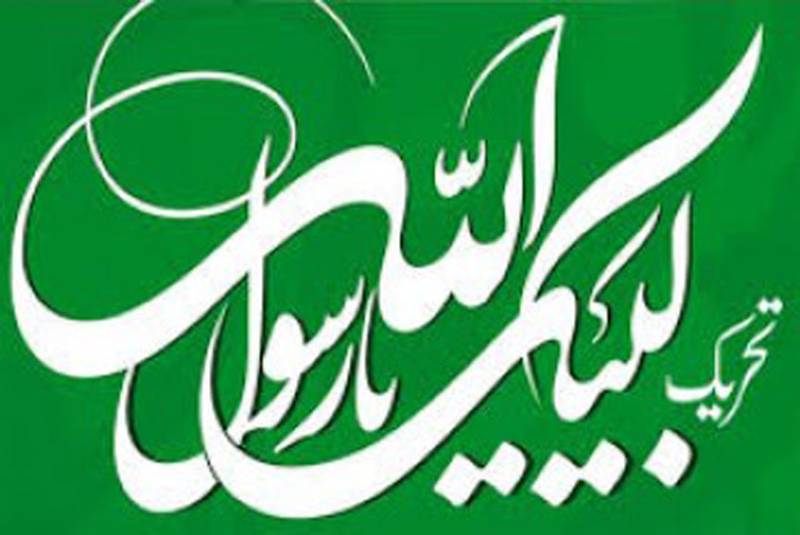LAHORE - Did the police really deal with the TLP protesters in Lahore last week the way they should have? Or did they deliberately adopt an indifferent attitude to give the protesters an upper hand?
What will happen if TLP zealots come out on the streets again in case talks between the religious group and the government on release of arrested workers fail?
A senior police official, who has served as inspector general of Punjab Police, says that first of all civil and police establishments are not on the same page. Moreover, he says, political interference in police affairs worsened the situation. He admitted that police were not trained to deal with such protests.
He acknowledged that both police and civil officers lacked the expertise to control the mob. He said the Police Order 2002 empowered the law enforcement agency, but it did not make it people-friendly or free from political influence. He said the vacuum created by abolition of the magistracy system could not be filled. He said the local government system could not handle the situation at the local level. He endorsed the idea of community policing to deal with such situations.
“There was a time when a magistrate used to have a dialogue with the mob and settle the matter. Today, the political elite, including ministers, do what a magistrate used to do. Police are not trained to hold talks with angry protesters. When they do so, the situation worsens. Least trained police personnel (reserve) are deputed to manage mobs. There is a dire need to recruit psychologists to advise both civil and police officers when a crowd is out of control. The police reserve, instead of passing time in barracks, should be engaged in mock exercises,” he said.
Before devising a strategy on crowd management, the senior official said, the political government should conduct an extensive study on all previous protests and reasons that paved the way for such incidents. There should be a strategy on the role of law enforcement agencies to dodge the mob, he said.
A federal secretary said on condition of anonymity that incompetent officers and political bosses usually surrender to illegal demands of mobsters. “All those who oppose such situations are transferred thus giving other officers a message to submit in such situations. Even matriculate clerks succeeded in getting high pay scales, which the government had denied to highly qualified teachers. The APCA succeeded time and again in blocking the Civil Secretariat for acceptance of its demands. The teachers on the other hand failed to do so,” he said.
The Home Department, he said, imposes section 144, but it lacks powers to implement its orders. “The home secretary often fails to question the law enforcement agency about its failures. He should be fully empowered to invoke the section of the law to ensure protection to public and private property and maintenance of law and order. Moreover, names of extremists may be included in Schedule 4 so that they can be strictly monitored,” he said.
He said, “There should be more than one plans to control the mob. Police and civil officers should have a proper consultation with the intelligence agencies prior to such situations. The cabinet should empower both police and civil administrations besides setting up a district-level intelligence service. This is only possible when the government ensures least political interference in the administrative affairs.”
Both civil and police officers at the district level should furnish their progress reports to the Chief Minister’s Office and give suggestions for betterment of the situation, he said. The government should have a plan on how to control the social and mass media when the mob challenges its writ. A former home department special secretary said that they had requested the government to conduct a survey of grabbed land by mafias. Such areas often provide a room for blame game. Moreover, successive governments failed to implement the mandatory obtaining of NOCs from district administrations for construction of worship places and seminaries. The government should expedite work on implementation of the National Action Plan (NAP), he said. All religious leaders be directed to preach tolerance in their Friday sermons, he added.
If the government fails to punish the extremists involved in violent attacks, there is no way to prevent such a mob rule in future, the officer said.






